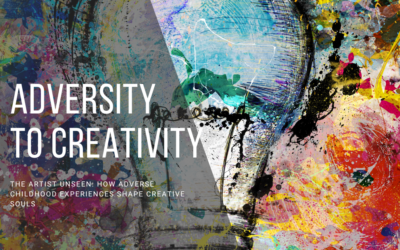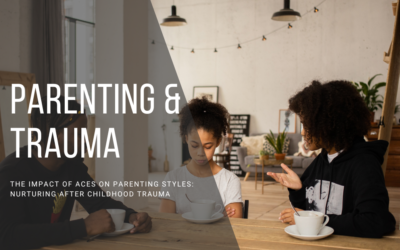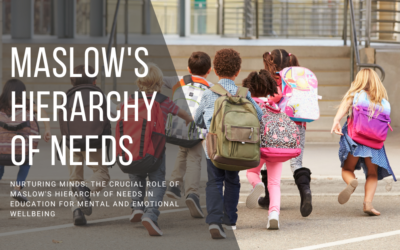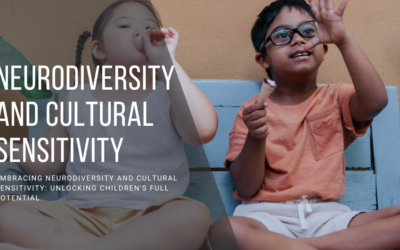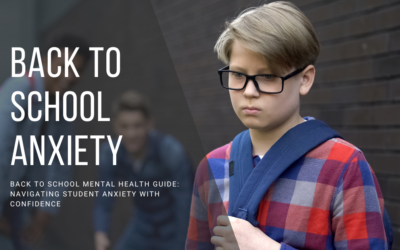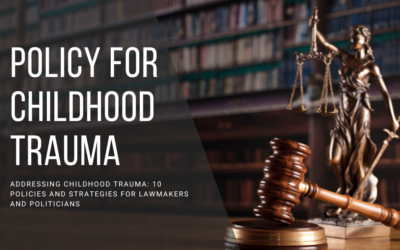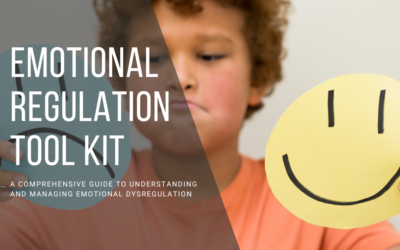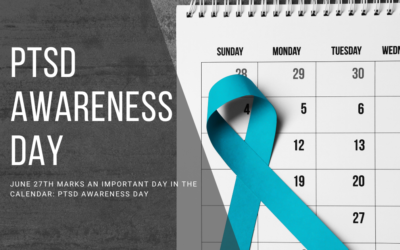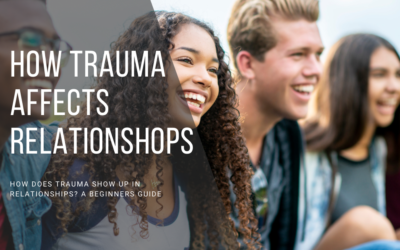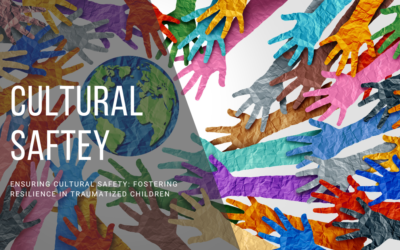Discover how Adverse Childhood Experiences (ACEs) influence empathy and emotional intelligence. Learn about their types, prevalence, long-term effects, and ways to foster healing and resilience.
Childhood Development Blog Posts
Attachment Styles and ACEs: Understanding Your Relationship Patterns
Discover how adverse childhood experiences (ACEs) and attachment styles shape your adult relationships. Learn strategies to overcome insecure attachment patterns for healthier connections.
The Artist Unseen: How Adverse Childhood Experiences Shape Creative Souls
Discover how adverse childhood experiences (ACEs) can fuel creativity, helping individuals turn pain into powerful artistic expression. Learn about the dual impact of trauma on creativity and the therapeutic power of art.
The Impact of ACEs on Parenting Styles: Nurturing After Childhood Trauma
Learn how to break the cycle of trauma and foster a nurturing environment for your children. Read our comprehensive guide on the impact of ACEs on parenting styles now!
Everything You Need to Know About Emotional Intelligence – A Beginner’s Guide
Discover the power of Emotional Intelligence (EI) – the secret to navigating life’s challenges with grace and building meaningful connections.
Unraveling the Digital Knot: Looking At the Impact of Social Media on Our Mental Health
Unveiling the hidden impact of social media on mental health – from FOMO to cyberbullying. Explore the positives and tips for a balanced online life.
How Technology is Shaping Childhood Development
Explore the impact of technology on childhood development. From cognitive growth to potential pitfalls, find a balanced approach for a thriving tech-infused childhood.
Attachment Styles: Understanding the Impact of Early Childhood Experiences
Explore how different attachment styles are formed, how they manifest in childhood and adulthood, and their impact on our relationships with others.
What is Inner Child Work and How Does it Contribute to Personal Growth and Healing?
Explore the profound impact of inner child work toward self-nurturing, healing, and emotional resilience. Prioritize self-reflection for personal development.
Building Trauma-Informed School Environments: A Blueprint for Student Well-being and Success
Unlock the power of trauma-informed education! Explore strategies, success stories, and resources to create safe, supportive schools for all students.
Nurturing Minds: The Crucial Role of Maslow’s Hierarchy of Needs in Education for Mental and Emotional Wellbeing
Explore the significance of understanding Maslow’s Hierarchy of Needs in the context of education, with a particular emphasis on promoting mental wellbeing.
Nurturing Minds: The Transformative Benefits of Yoga and Mindfulness in Schools
Discover the transformative power of yoga in schools—nurturing minds, fostering resilience, and shaping a holistic approach to education.
Embracing Neurodiversity and Cultural Sensitivity: Unlocking Children’s Full Potential
Dive into the world of neurodiversity with a cultural lens. Learn how diverse perspectives enrich our understanding.
Back to School Mental Health Guide: Navigating Student Anxiety with Confidence
Discover how to support student mental health during the back-to-school season to aid in reducing anxiety and promoting a healthier learning environment.
Addressing Childhood Trauma: 10 Policies and Strategies for Lawmakers and Politicians
Discover 10 evidence-based policies and strategies that lawmakers can implement to effectively reduce childhood trauma. From increasing access to mental health services in schools to promoting trauma-informed care, explore how these impactful measures can prioritize the well-being of children and foster resilient communities.
Emotional Regulation Toolkit: A Comprehensive Guide to Understanding and Managing Emotional Dysregulation
Discover emotional regulation: Understand emotional dysregulation, spot signs, identify triggers, and build a toolbox of strategies for self-care.
June 27th is PTSD Awareness Day – How is PTSD Different from Complex PTSD?
June 27th is PTSD Awareness Day. In this blog post, we explore the differences between PTSD and complex PTSD, shedding light on the symptoms, impact on relationships, clinical distinctions, and treatment options. Seek professional help if needed.
How Does Trauma Show Up In Relationships? A Beginners Guide
Unaddressed trauma affects relationships deeply, leading to unhealthy attachments and complicating expression of trauma. Confronting trauma personally and within relationships is crucial to building healthy connections and preventing recurring obstacles. Gain valuable insights on recognizing its impact and finding healing in this blog post.
Ensuring Cultural Safety: Fostering Resilience in Traumatized Children
In this blog post, we delve into the vital topic of cultural safety for traumatized children. We discuss strategies, such as embracing diversity, promoting inclusivity, employing culturally sensitive communication, integrating cultural traditions, and committing to continuous learning.
Rebuilding Relationships After Incarceration: Navigating the Trauma and Healing Process
This blog post is intended not only for those who have recently reunited with a parent after their release from prison but also for anyone who has experienced the absence of a loved one due to incarceration.
Building Resilience in Children: A Guide to Nurturing Strength in Children Who Have Experienced Trauma
In this blog, we will explore practical strategies and techniques that promote resilience in children, empowering them to heal, grow, and lead fulfilling lives.
The Link Between Trauma and Shame: How Childhood Experiences Impact Adult Mental Health
This article will explore the connection between childhood trauma, complex post-traumatic stress disorder (c-PTSD), and shame. Learn how addressing underlying trauma can help to lessen present-day shame and improve life.
Exposure to Adverse Childhood Experiences and Its Effect on Health in Adulthood
The impact of traumatic experiences that occur in childhood may sometimes last a lifetime. Researchers have found that adverse childhood experiences (ACEs) make it more likely that you will have physical health problems, mental illness, use drugs, or act violently as an adult.
Welcome To The Blog
Reggie D. Ford shares his passion for mental health, childhood development, social justice, and self-improvement, offering resources and insights to make a difference.
Other Categories
Mental Health
Social Justice
Self Improvement
Subscribe
Subscribe to stay up to date.



